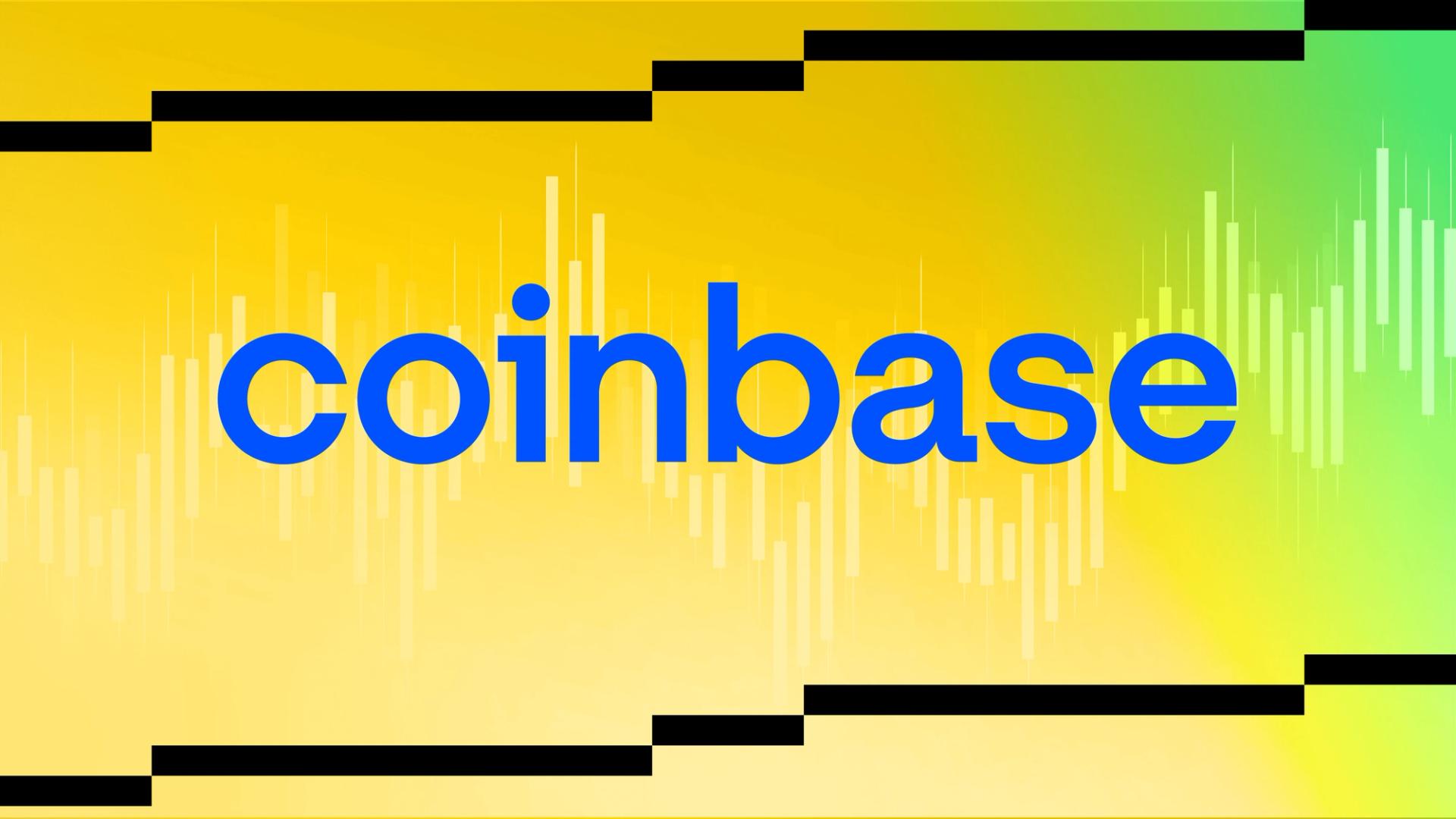Cryptocurrency exchange giant Coinbase is pushing deeper into Latin America by introducing decentralized exchange (DEX) trading capabilities to Brazilian users. The move signals the company's accelerating transformation from a simple trading platform into a comprehensive crypto 'super app' serving diverse financial needs across emerging markets.
Coinbase is taking another significant step toward its ambitious 'everything app' vision by launching decentralized exchange (DEX) trading functionality for users in Brazil, marking a strategic expansion into one of Latin America's most vibrant cryptocurrency markets.
The introduction of DEX trading capabilities represents more than just a feature addition—it reflects Coinbase's evolving strategy to transform from a centralized exchange into a comprehensive cryptocurrency ecosystem. By integrating decentralized trading options, the platform is offering Brazilian users greater flexibility to trade directly from their wallets without relinquishing custody of their assets, addressing a key demand among more sophisticated crypto users.
Brazil presents a particularly attractive market for this expansion. The country has emerged as a cryptocurrency powerhouse in Latin America, with millions of citizens actively trading and investing in digital assets. Recent regulatory clarity from Brazilian authorities has created a more favorable environment for crypto innovation, making it an ideal testing ground for Coinbase's expanded service offerings.
The 'everything app' concept that Coinbase is pursuing mirrors successful super app models seen in other markets, particularly in Asia. By consolidating multiple crypto services—from basic buying and selling to DeFi access, staking, and now DEX trading—into a single platform, Coinbase aims to become the primary gateway for users' entire cryptocurrency journey.
This strategic direction also helps Coinbase compete more effectively with specialized DeFi platforms and decentralized protocols that have been gaining market share. By bringing DEX functionality into its user-friendly interface, the company is attempting to bridge the gap between centralized and decentralized finance, potentially attracting users who might otherwise migrate to fully decentralized alternatives.
For the broader cryptocurrency industry, Coinbase's move signals growing mainstream acceptance of DeFi principles. When a publicly-traded, regulated exchange integrates decentralized trading options, it validates the technology while potentially introducing millions of users to self-custody and peer-to-peer trading concepts.
As regulatory frameworks continue to develop globally, Coinbase's ability to navigate compliance while expanding DeFi offerings could establish a template for how traditional crypto businesses evolve in an increasingly decentralized landscape.
